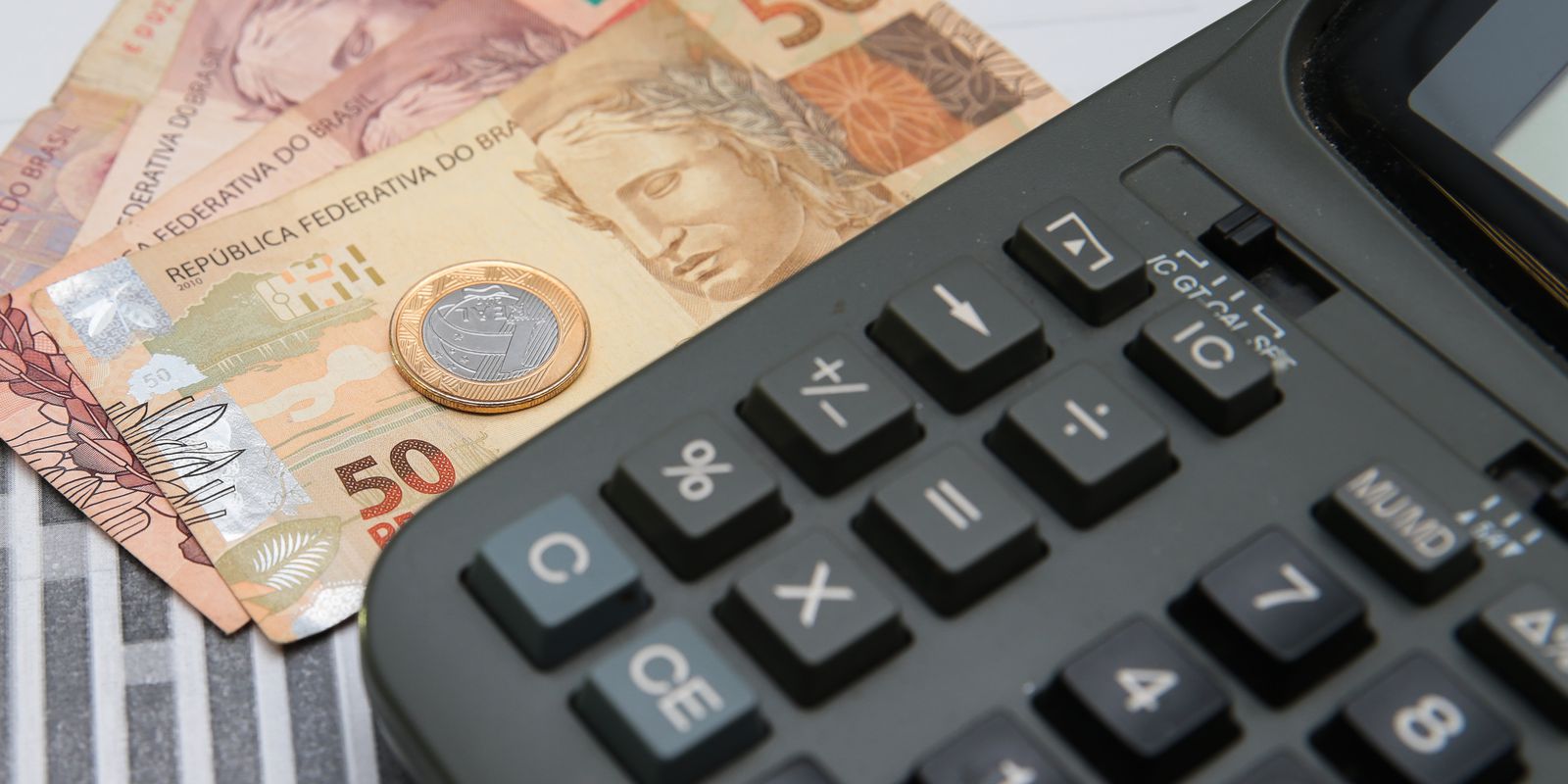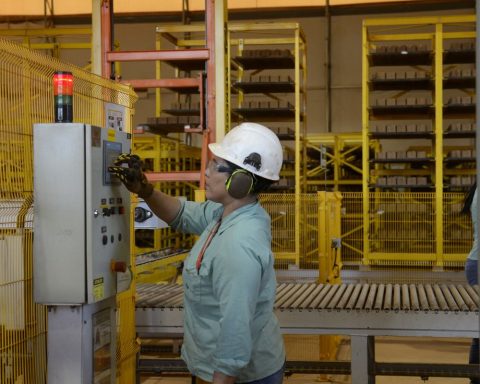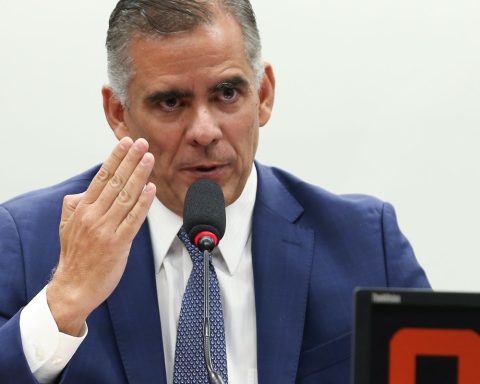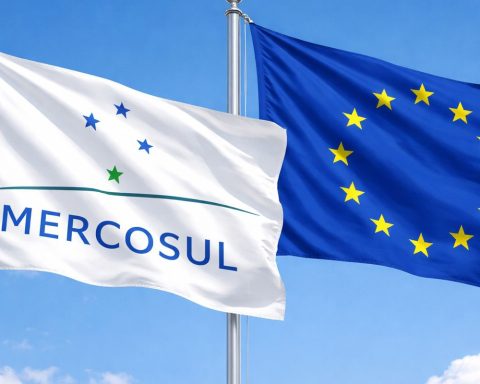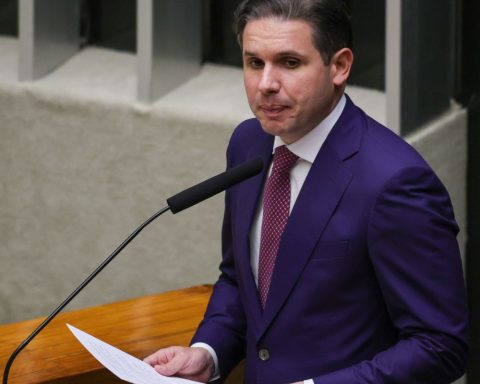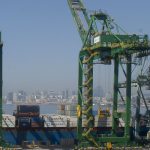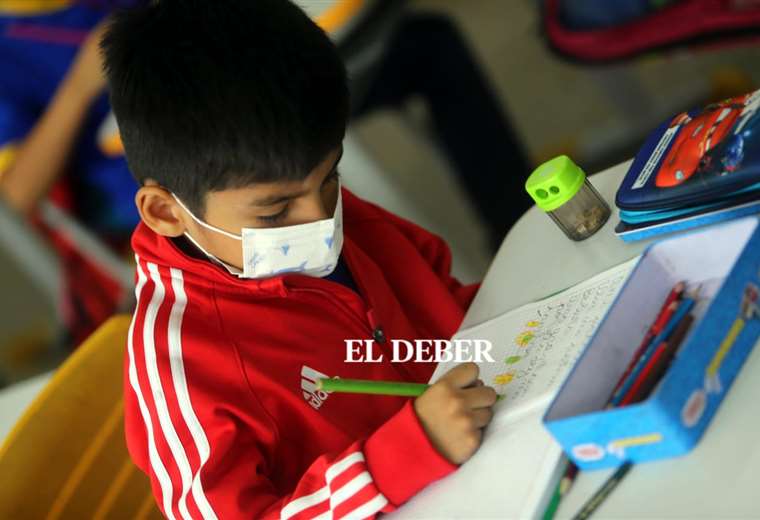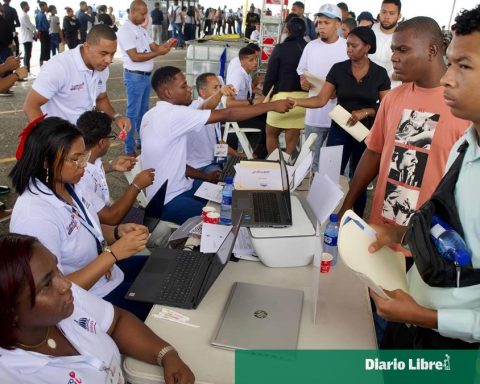Brazilian economic activity fell in August this year, according to data released today (17) by the Central Bank (BC). The Central Bank Economic Activity Index (IBC-Br) decreased by 1.13% in August 2022 compared to the previous month, according to seasonally adjusted data (adjusted for the period).
Since last year, the results of the IBC-Br have been fluctuating. In April and May there was a drop, in June and July it showed an increase and, now, another reduction.
In August, the IBC-Br reached 143.97 points. In comparison with August 2021, there was a growth of 4.86% (without adjustment for the period, since the comparison is between equal months). In the 12-month period, the indicator was also positive, at 2.08%.
The index is a way of evaluating the evolution of Brazilian economic activity and helps the BC make decisions about the basic interest rate, the Selic, currently set at 13.75% per year. The index incorporates information on the level of activity in the three sectors of the economy – industry, commerce and services and agriculture – in addition to the volume of taxes.
The indicator was created by the Central Bank to try to anticipate the evolution of economic activity. However, the official indicator is the Gross Domestic Product (GDP, sum of goods and services produced in the country), calculated by the Brazilian Institute of Geography and Statistics (IBGE).
In 2021, Brazil’s GDP grew by 4.6%, totaling BRL 8.7 trillion. In the first half of 2022, the indicator has already advanced 2.5% and the country’s economic activity was 3%, above the pre-pandemic level, verified in the fourth quarter of 2019.
